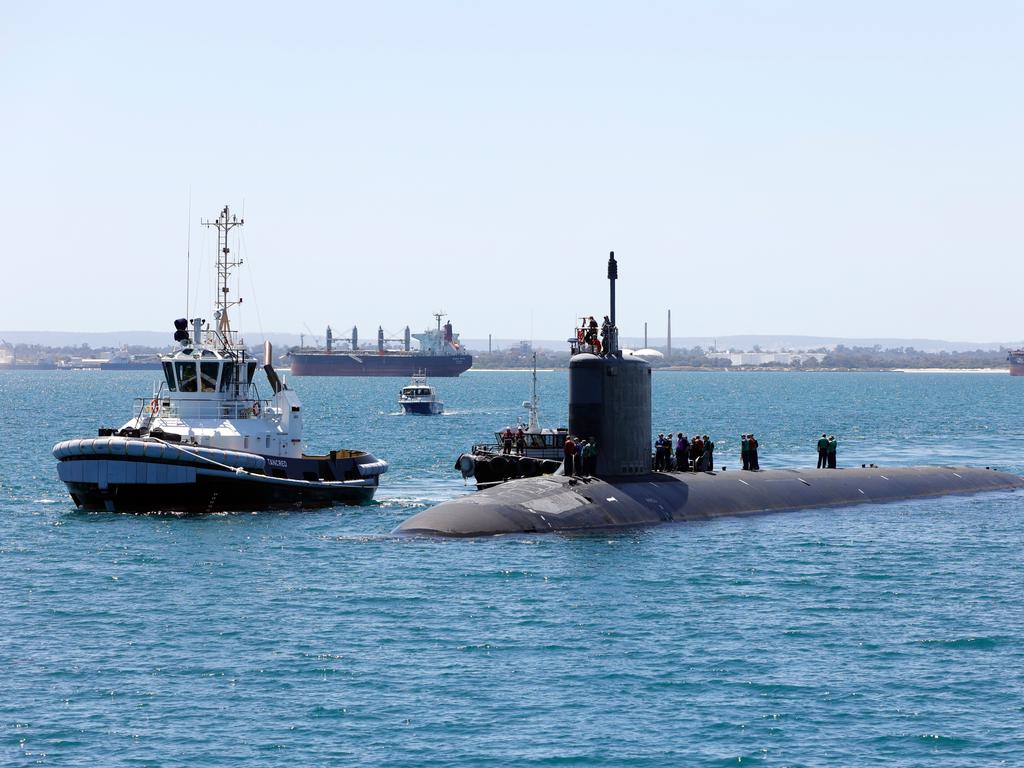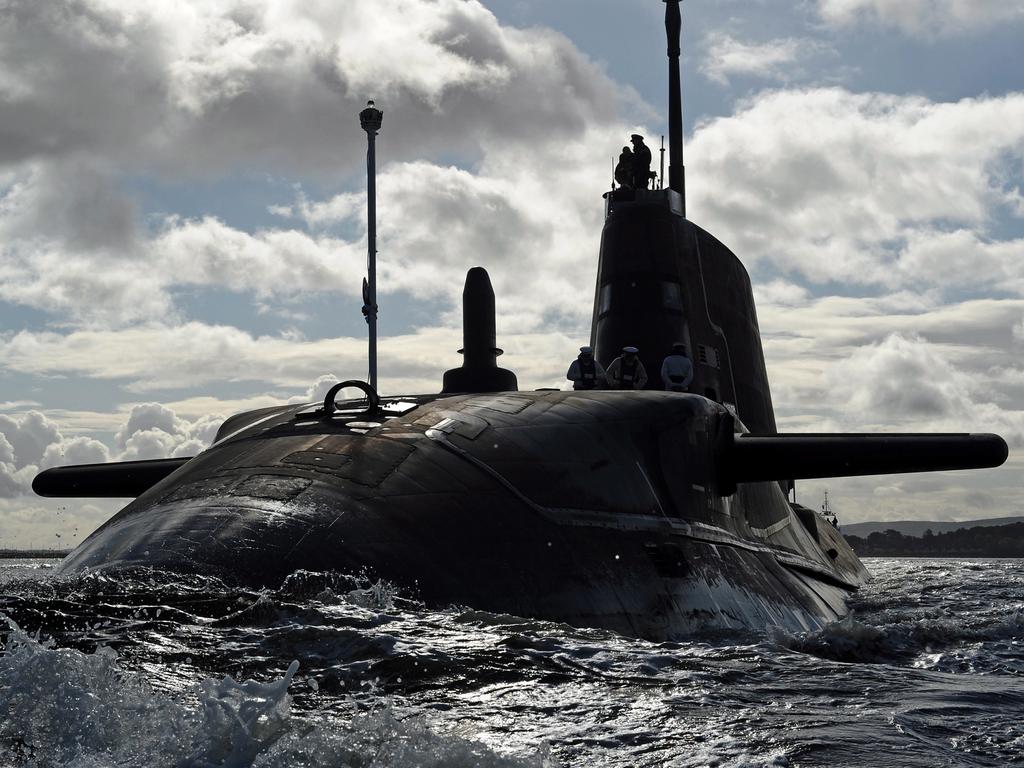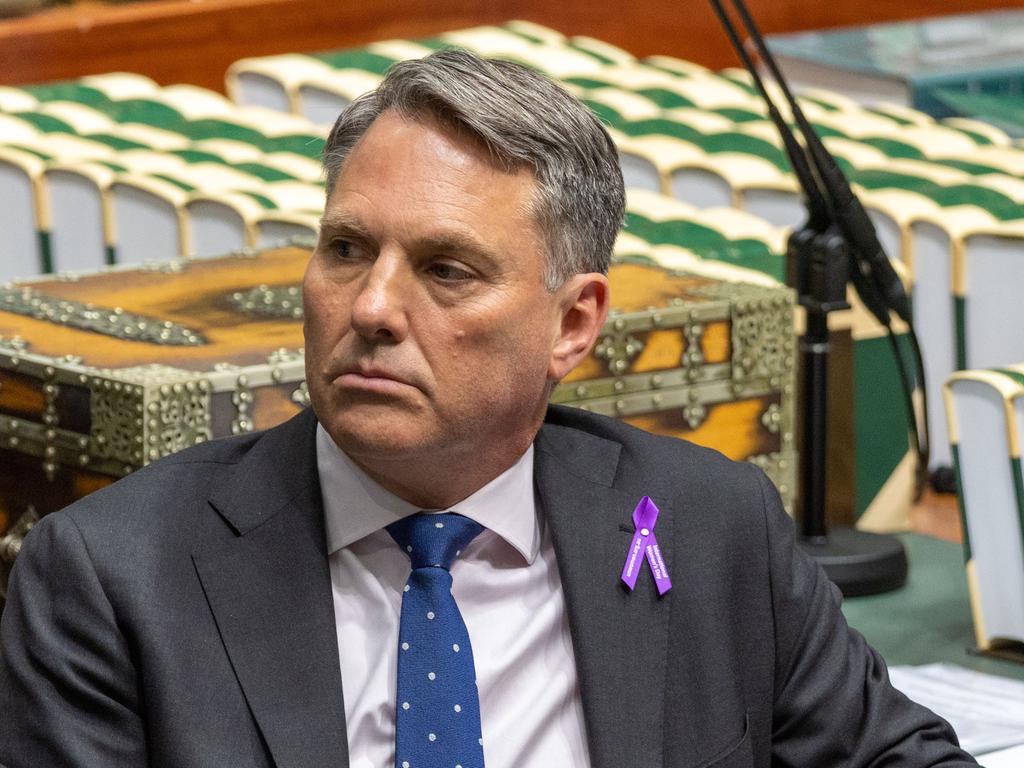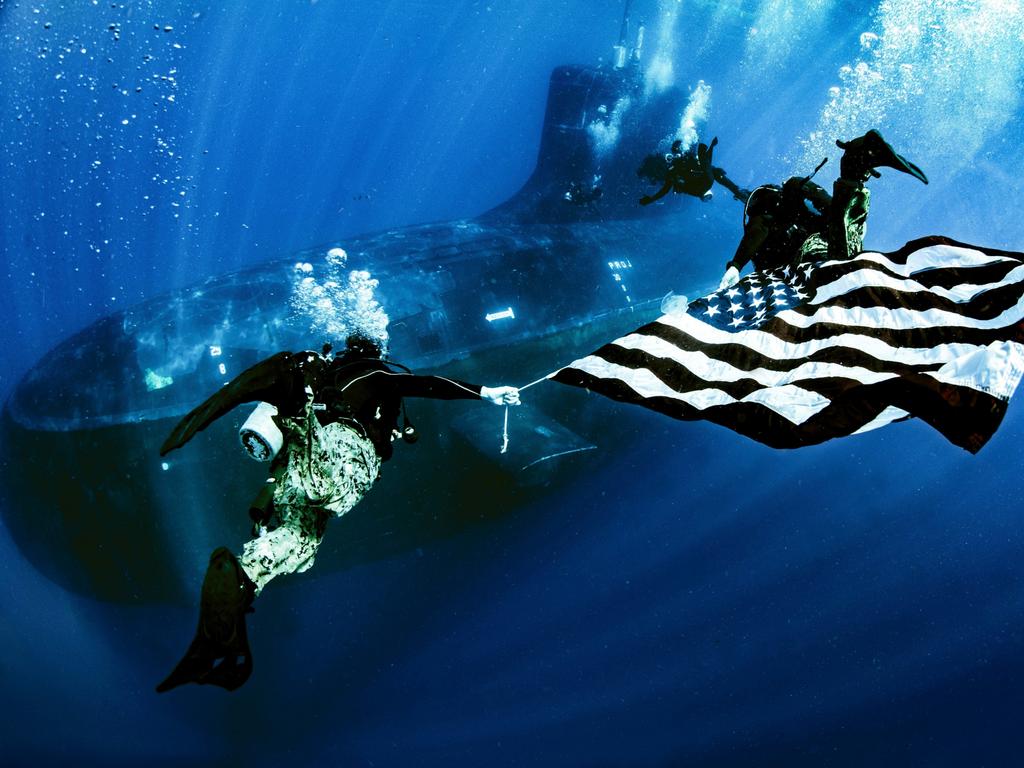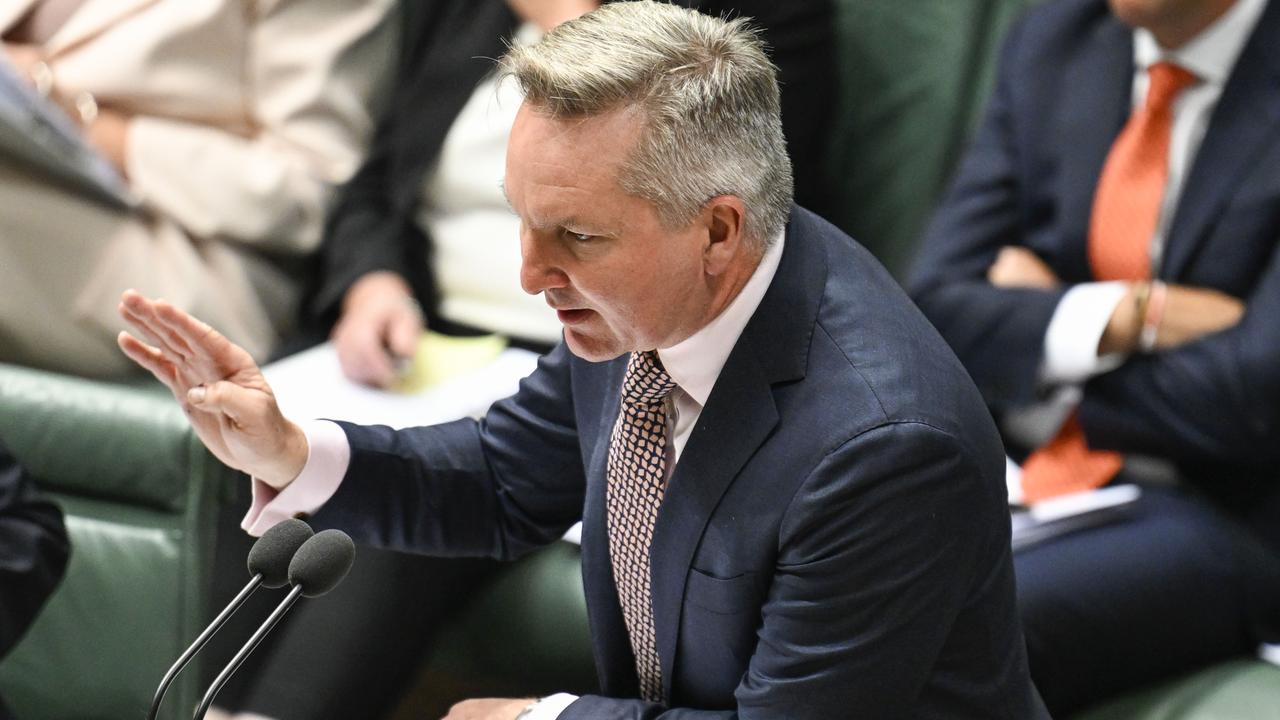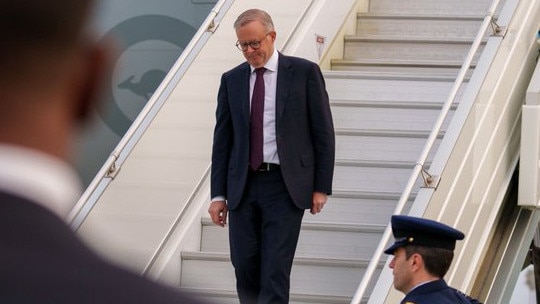
The AUKUS nuclear-powered submarines will hugely enhance our national power and sovereignty. Nothing could be more ridiculous than the idea that if there are some Americans on an Australian boat this compromises our sovereignty.
The deal is we buy three to five Virginia-class nuclear submarines from the US, boats that are probably already in use. As part of the purchase price we contribute financially to expanding US industrial capacity to build more nuclear subs.
This could be a new US production line, but more likely it’s expanding capabilities at existing facilities.
By 2027, some US Virginias start rotating through Perth. We put Australians on those boats, which at that stage are part of the US navy. Perhaps by 2032 we purchase the boat and it becomes part of our navy.
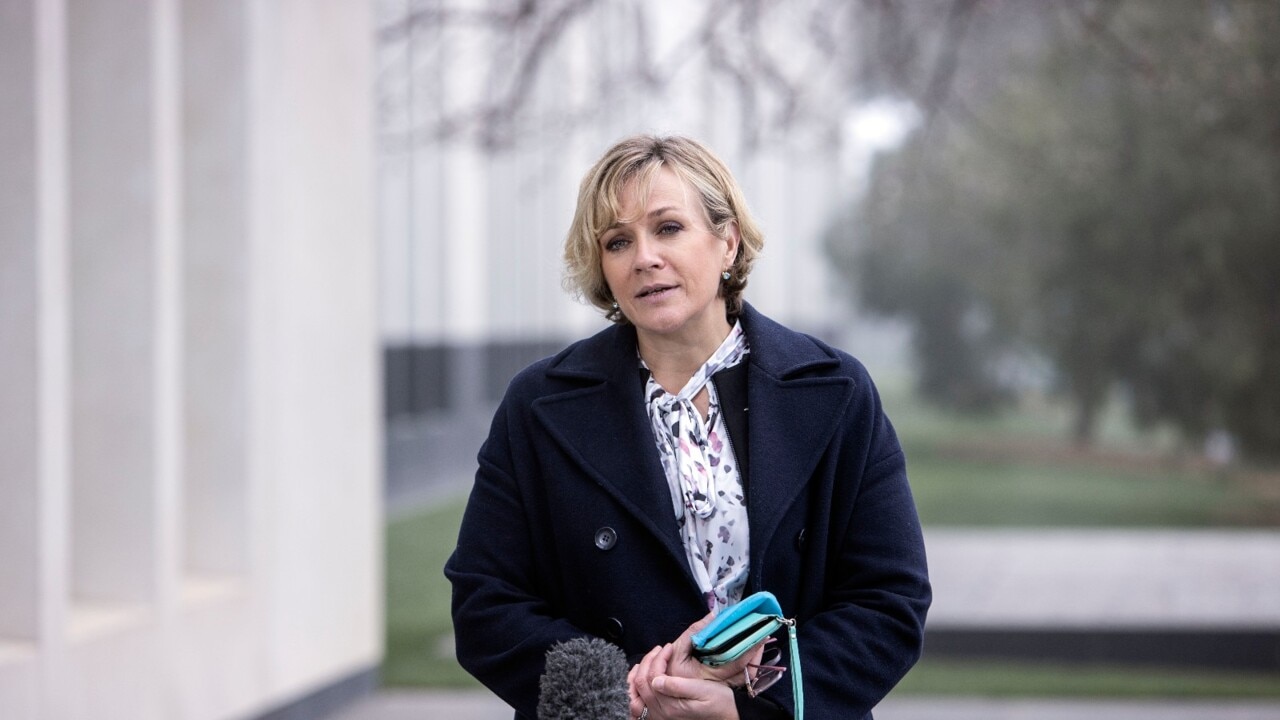
If the Americans are kind enough to help us with some of the crew, they serve on loan to the Australian navy. The boat is Australian. At the same time we design, with the Brits, a successor to their Astute-class nuclear attack sub.
It’s possible we’d be better to stick with Virginias. But the proposed ultimate successor to the Virginia is planned to be extremely big, so a smaller sub might suit us better long term.
The successor to the Astute, the new AUKUS sub, will use a US combat system and reactor. This is a change for the Brits and good for all three countries.
Several features of this deal are extremely attractive. It offers nuclear subs more quickly than any alternative, also at the lowest cost.
When Scott Morrison announced the AUKUS deal, I was pretty sceptical about its ability to deliver nuclear subs in a meaningful time frame. It involved designing a whole new sub and then building the entire fleet in Adelaide from scratch.
The Morrison government claimed this would give us our first nuclear sub by 2038. I thought it more likely I’d win the US Ladies Professional Golf Association championship. In reality, that process likely wouldn’t yield the first sub before well into the 2040s.
Nonetheless, it’s a very good thing, for Australia and for allied military capability, that we build up Adelaide as a long-term manufacturing site for nuclear subs.
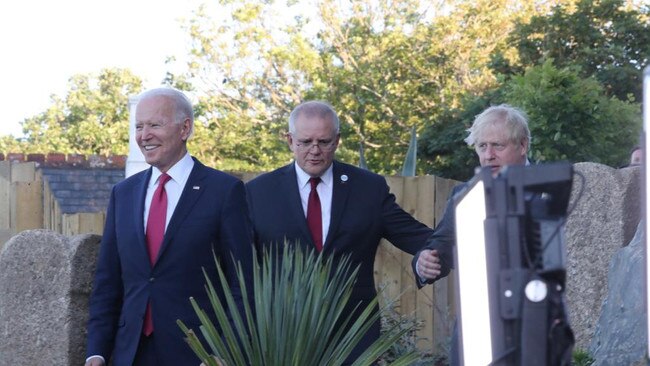
There is research, oddly, that shows economies that build submarines are more successful than those that don’t. The jobs bonanza will be real. If we end up, say, with three Virginias and eight AUKUS subs, that would be a fantastic capability. It won’t send us broke because it’s decades in the making.
I previously argued we needed an interim fleet of conventional subs before the nukes came along on such a distant time line. What Albanese and Marles have done, brilliantly, is provide in the US Virginias an interim fleet of nuclear subs.
In his criticism of the French submarine deal, Marles was scathing that Canberra removed all price competitiveness, all performance tension, by awarding the full contract to the French before the new sub was designed. He’s applied that lesson here. The provision of the Virginias means there will be extra incentive for the Brits to be as cost effective, and to perform as well as they can, in the development with us of the AUKUS sub.
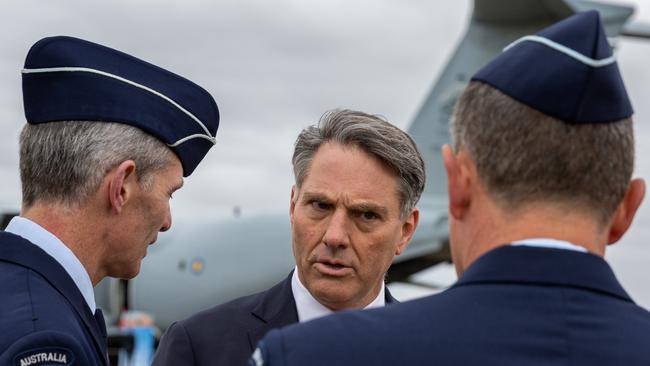
That’s no criticism of the Brits. They are Australia’s intimate, powerful and highly valued friends. Any historical hang-ups by any Australian about being close to the Brits is ridiculous. Similarly, the fact the Astute successor will have a US weapons system and probably a US reactor means there’s much more intimate US involvement, supervision even, of the design process. That’s entirely good.
We love the Brits but at the end of the day the US is the global super power and nowhere is its power more manifest than in nuclear submarines.
If the co-design process does run into really lengthy delays, which we can’t frankly regard as unlikely, the existence of the Virginias means we still get the high-quality capability. We’re not paralysed by delay in the design process.
The idea that it’s too complicated or expensive for us to operate two types of nuclear subs simultaneously is unconvincing. All the big nuclear sub powers have two types, a nuclear attack sub and a ballistic missile sub, typically much bigger. All nations which have transitioned from a conventional to a nuclear sub have a period where they operate both.
There’s no real risk we’ll be operating three types of sub simultaneously, the Collins, and two nuke types. Say we get the first Virginia in 2032 and another every three years. That gives us four by the early 2040s.
If the first AUKUS sub comes along in the early or mid 2040s, we would already be scheduled to have retired forever four or five of the Collins. But as the government has hinted, it may not be necessary to do a full life-of-type extension of all six Collins if we’re getting the Virginias.
That alone would save billions of dollars.
US congressman Joe Courtney on Insiders on Sunday, in a very helpful and positive interview, played down the prospect of joint crewing of these subs long term. But we’ve already had Americans serving in Collins boats. We already have Australians threaded all through the US Pacific Command, sometimes at very senior level.
We are military allies of the US. That’s a very big deal. It means if necessary we’ll fight and die for them and they’ll fight and die for us.
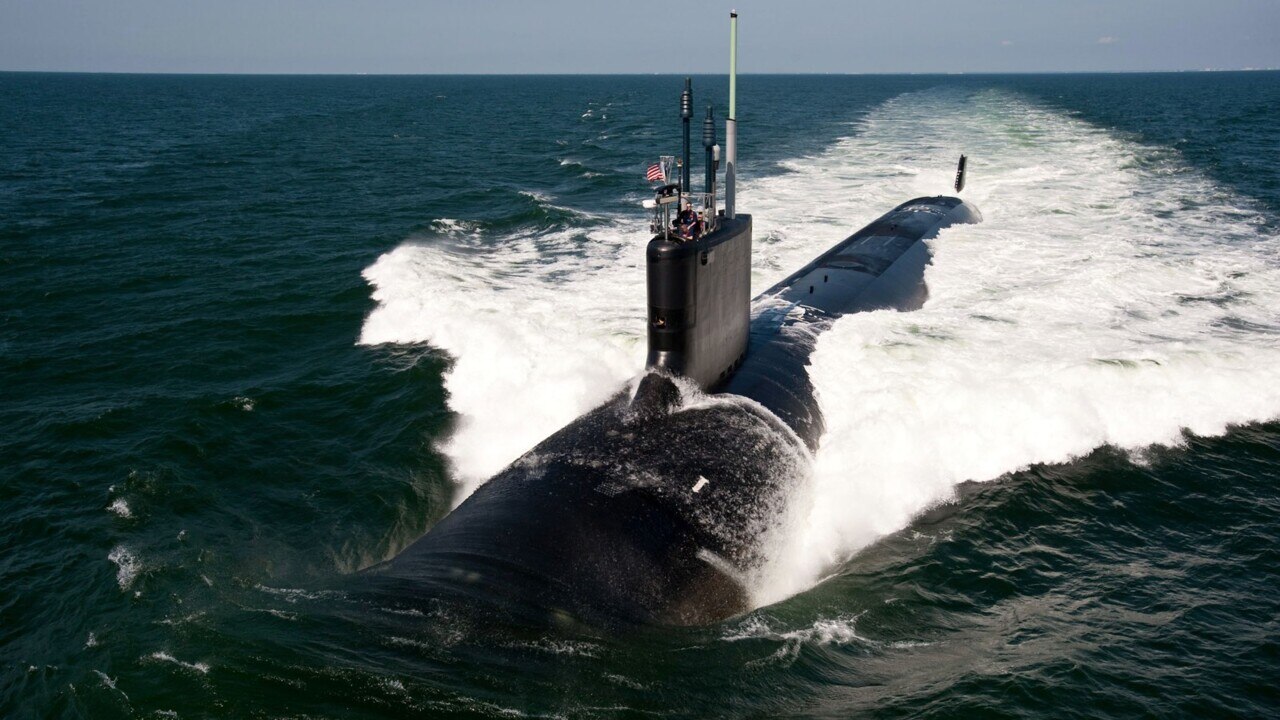
All our endeavour is designed to prevent war in the Indo-Pacific, but if it came, facilities such as Pine Gap, Northwest Cape, our own submarine base, our northern air bases, would be priority Chinese military targets. It’s likely Beijing would decide on Australia’s participation in such a war.
In any event, we couldn’t stand by and witness Americans fighting for the preservation of an Asian democracy and do nothing. If we did, that would mean the end of the alliance.
We’ve had soldiers in US special forces units and the Americans have had soldiers in ours. Whichever country owns the military unit makes the command decision.
Americans fought under the command of John Monash in World War I. Kim Beazley renegotiated the agreement covering Pine Gap so that it’s a joint facility in which Australia has full knowledge and concurrence, meaning it can’t do anything we object to. But of course the point is not to object, but to work together.
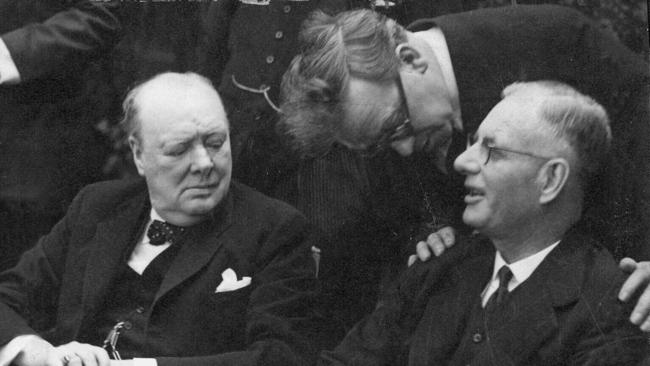
Here’s a classic example from history. In World War II, John Curtin defied repeated efforts by Winston Churchill to countermand Curtin’s decision to bring Australian troops home from the Middle East to defend Australia. Churchill wanted them to go to Burma and was backed by his service chiefs in London.
Curtin was advised to defy Churchill, and strenuously backed in this action, by his three service chiefs in Australia. Two of these men were British officers on secondment to Australia. These doubtless patriotic Brits, when serving the Australian government in the Australian military, gave advice in Australia’s national interest against Churchill.
Australia has always found much of its sovereignty within alliances. Nuclear submarines enhance our sovereignty – we would have no chance of possessing them without our allies.


